Scottish schools serve up facial recognition for school dinners
COVID, quicker payments and better security are all cited as reasons for ditching cards and fingerprints in favour of the new system


Nine schools in Ayrshire, South West Scotland, have rolled out facial recognition technology to take payments for school lunches.
While North Ayrshire Council has been taking payments for lunches using biometrics already, this has been limited to fingerprint scanners. It argues, however, that using facial recognition is faster and more COVID-secure than previous systems it had in place.
The technology is somewhat different to the controversial “live” facial recognition systems used to identify people in a crowd, and instead matches children’s faces against encrypted faceprint templates that are stored on local servers.
In a statement provided to IT Pro, North Ayrshire Council said the system, which has been brought in to replace existing contracts that are expiring, offset the opportunity to make its food service more efficient and “enhances the pupil experience using innovative technology”.
With regards to data security and privacy, the council said: “In keeping with the ICO UK GDPR guidance, pupils in S4-S6 (aged 14-18) have been allowed to provide their own consent, while pupils in S1-S3 (aged 11-15) require parental consent.”
The council declined, however, to answer questions on how it would handle subject access requests and the ‘right to be forgotten’ as set out under GDPR.
Overall, the introduction of the system seems to have been well received. The council spokesperson said: “We have received an excellent response from pupils, parents and carers, with over 97% of responses being positive and providing consent. Pupils often forget their PINs and unfortunately some have been the victim of PIN fraud, so they are supportive of the planned developments and appreciate the benefits to them.”
Get the ITPro daily newsletter
Sign up today and you will receive a free copy of our Future Focus 2025 report - the leading guidance on AI, cybersecurity and other IT challenges as per 700+ senior executives
According to the Financial Times, however, some parents of older pupils at the schools said they’re unsure whether their children had received enough information to make an informed decision and expressed concern that peer pressure may have played a role in them signing up.
Privacy advocacy group Big Brother Watch, which campaigns against the use of mass surveillance technology, has also hit out against the move. The organisation’s director, Silkie Carlo, said: “It’s normalising biometric identity checks for something that is mundane. You don’t need to normalise airport style [technology] for children getting their lunch.”
David Swanston, CEO of the company that provides the technology, CRB Cunninghams, has spoken out to defend the company’s product, telling the FT: “In a secondary school, you have around about a 25-minute period to serve potentially 1,000 pupils. So we need fast throughput at the point of sale.”
Swanston added: “[This is] the fastest way of recognising someone at the till – it’s faster than card, it’s faster than fingerprint.”
These nine schools in Ayrshire may also prove to be just the tip of the iceberg for this technology, with Swanston claiming a total of 65 school sites have signed up so far to use the technology.

Jane McCallion is Managing Editor of ITPro and ChannelPro, specializing in data centers, enterprise IT infrastructure, and cybersecurity. Before becoming Managing Editor, she held the role of Deputy Editor and, prior to that, Features Editor, managing a pool of freelance and internal writers, while continuing to specialize in enterprise IT infrastructure, and business strategy.
Prior to joining ITPro, Jane was a freelance business journalist writing as both Jane McCallion and Jane Bordenave for titles such as European CEO, World Finance, and Business Excellence Magazine.
-
 Westcon-Comstor and Vectra AI launch brace of new channel initiatives
Westcon-Comstor and Vectra AI launch brace of new channel initiativesNews Westcon-Comstor and Vectra AI have announced the launch of two new channel growth initiatives focused on the managed security service provider (MSSP) space and AWS Marketplace.
By Daniel Todd Published
-
 Third time lucky? Microsoft finally begins roll-out of controversial Recall feature
Third time lucky? Microsoft finally begins roll-out of controversial Recall featureNews The Windows Recall feature has been plagued by setbacks and backlash from security professionals
By Emma Woollacott Published
-
 Five things to consider before choosing an MFA solution
Five things to consider before choosing an MFA solutionIn-depth Because we all should move on from using “password” as a password
By Rene Millman Published
-
 The IT Pro Podcast: Going passwordless
The IT Pro Podcast: Going passwordlessIT Pro Podcast Something you are, or something you have, could be more important than a password you know in the near future
By IT Pro Published
-
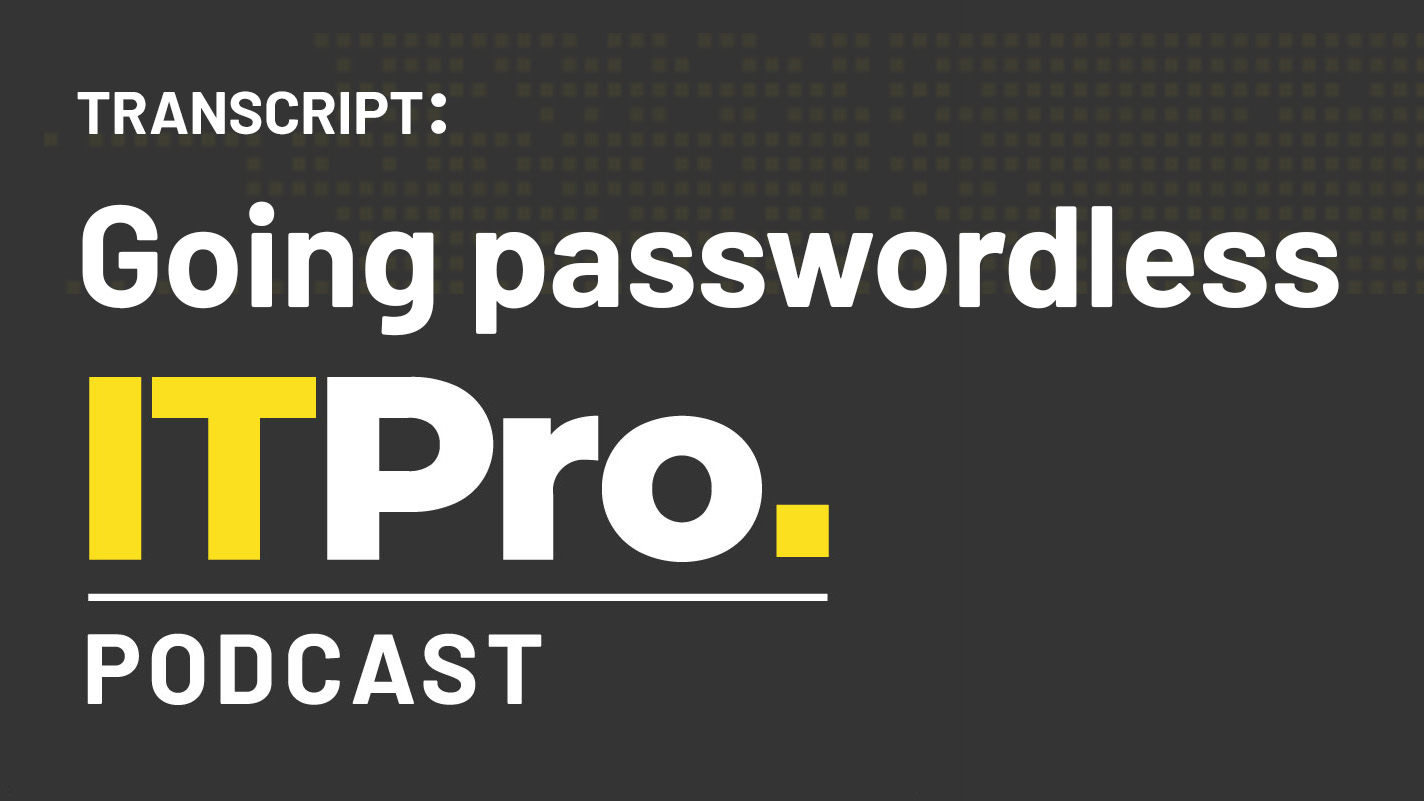 Podcast transcript: Going passwordless
Podcast transcript: Going passwordlessIT Pro Podcast Read the full transcript for this episode of the IT Pro Podcast
By IT Pro Published
-
 UK police fails ethical tests with "unlawful" facial recognition deployments
UK police fails ethical tests with "unlawful" facial recognition deploymentsNews A University of Cambridge team audited UK police use of the tech and found frequent ethical and legal shortcomings
By Rory Bathgate Published
-
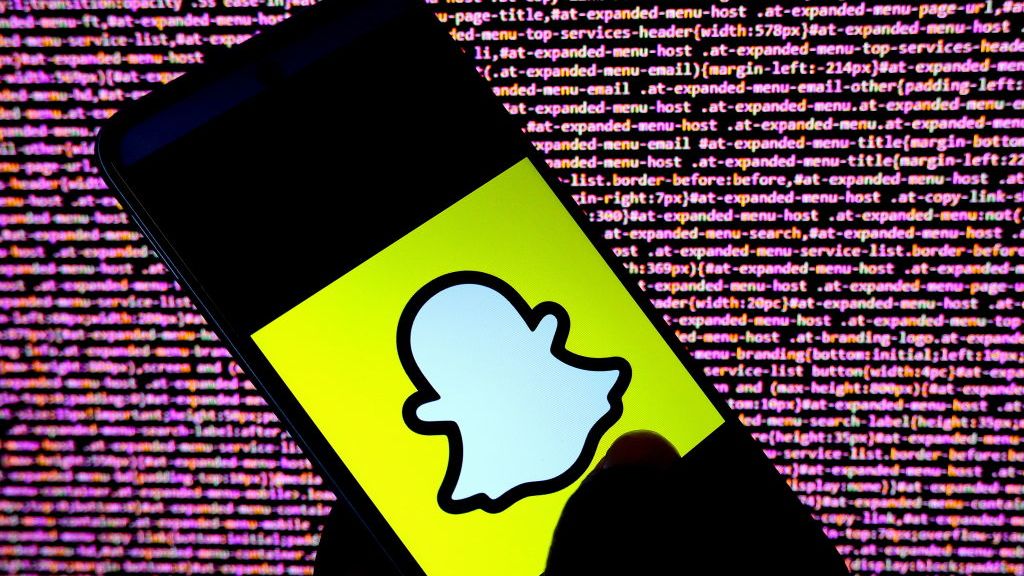 Snapchat settles for $35 million in Illinois biometrics lawsuit
Snapchat settles for $35 million in Illinois biometrics lawsuitNews The social media giant had been accused of improperly collecting, storing facial geometry in violation of state legislation
By Rory Bathgate Published
-
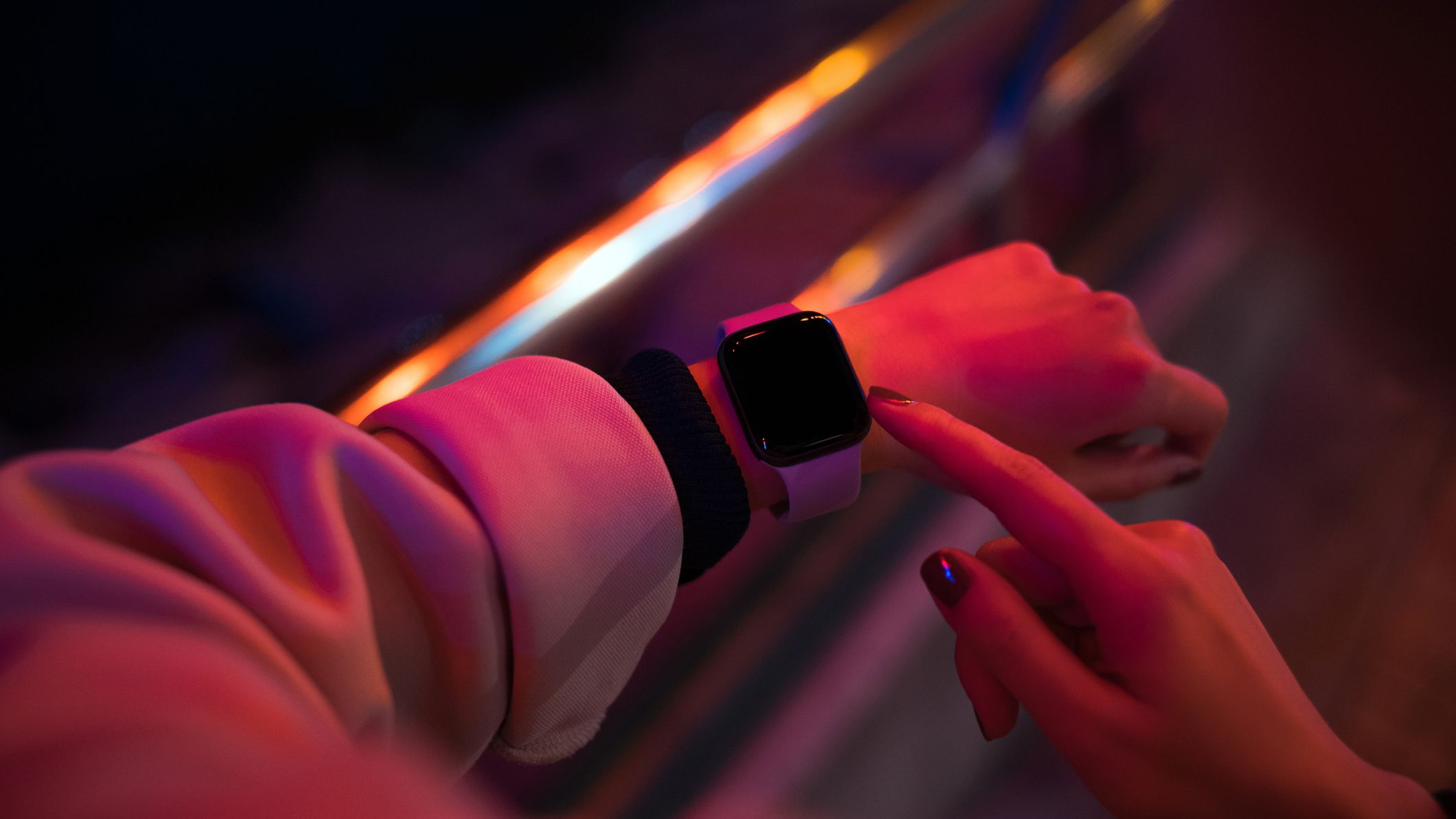 Home Office to collect foreign offenders' biometric data using smartwatch scheme
Home Office to collect foreign offenders' biometric data using smartwatch schemeNews Facial recognition and geolocation data will be matched against Home Office, Ministry of Justice and police databases
By Rory Bathgate Published
-
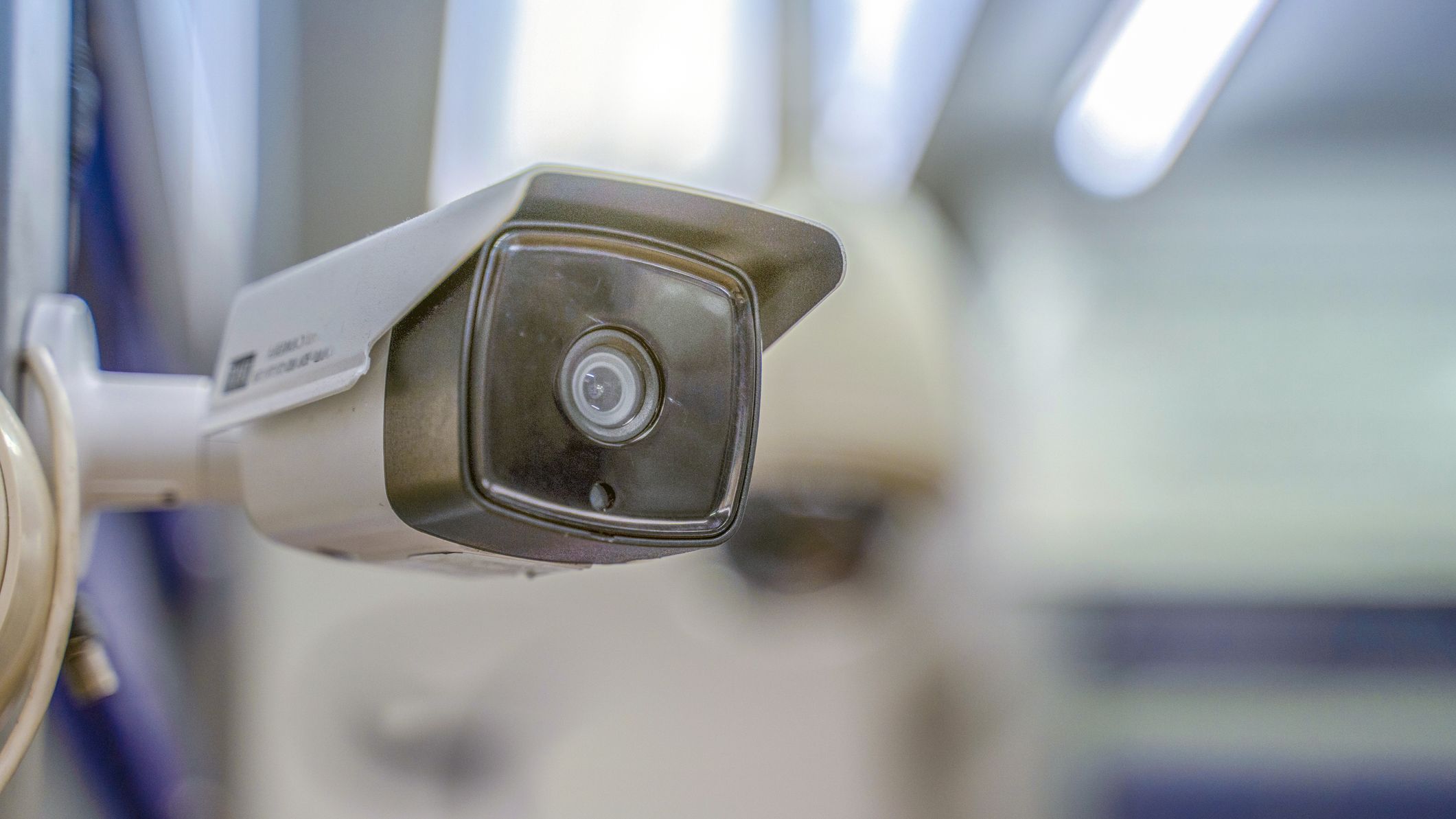 Southern co-operative faces legal complaint for facial recognition CCTV
Southern co-operative faces legal complaint for facial recognition CCTVNews Rights group Big Brother Watch has written to the Information Commissioner to “stop unlawful processing”
By Rory Bathgate Published
-
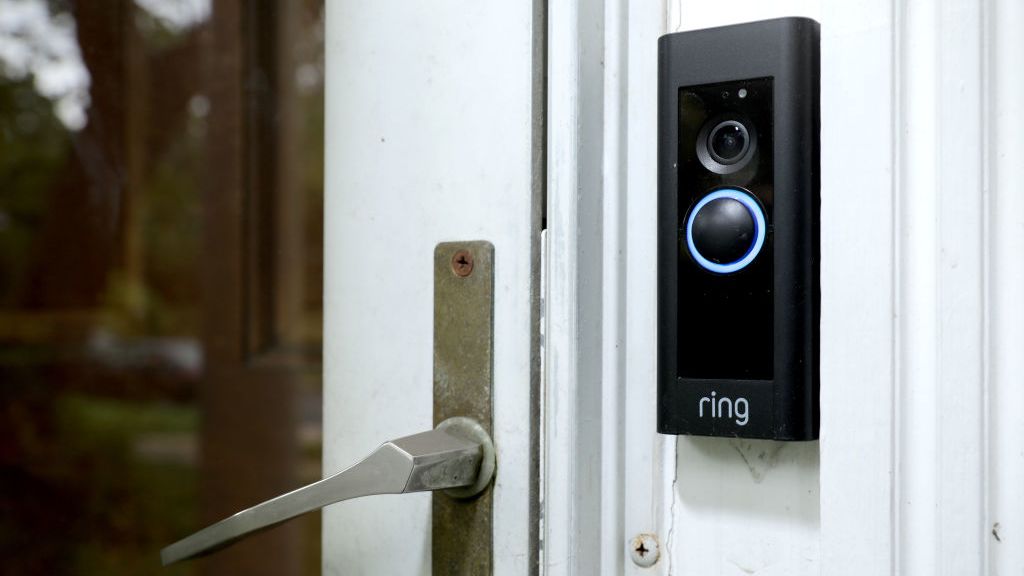 Amazon gave police departments Ring footage without permission
Amazon gave police departments Ring footage without permissionNews The tech giant has done this 11 times this year
By Zach Marzouk Published